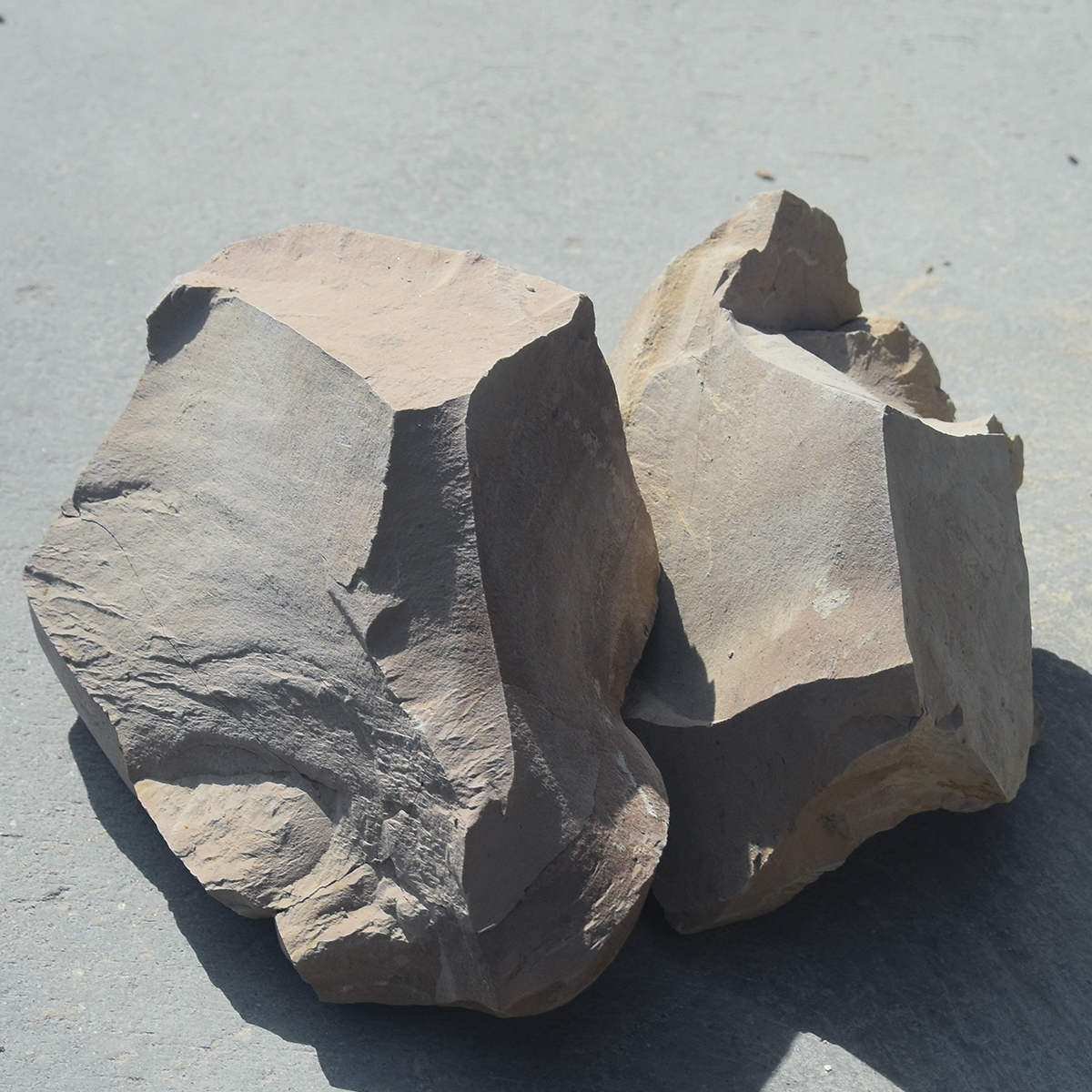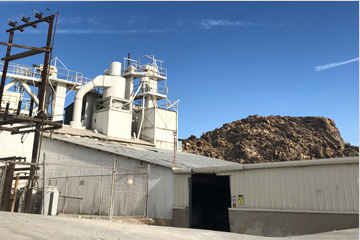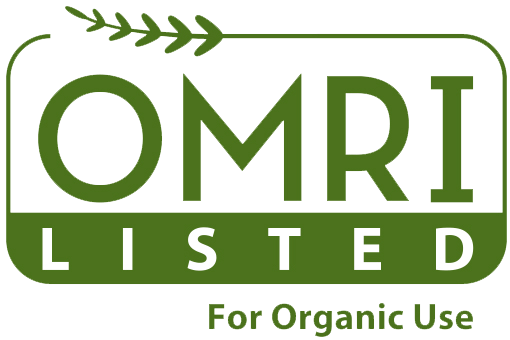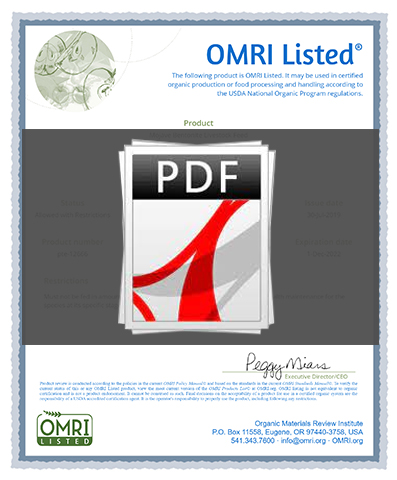MONTMORILLONITE
MONTMORILLONITE (Brown Clay)
Montmorillonite clay is very similar in property to Bentonite clay, differing mainly by the mineral composition. It was created millions of years ago from volcanic formations when mineral sea deposits came in contact with the Earth’s surface at incredibly high temperatures. They both are an excellent detoxing agent and used in a variety of industries. Montmorillonite is often used in farming and agriculture as it is an excellent soil conditioner and amendment that is proven to grow better, larger, more nutritious garden produce. It’s not a nitrogen-type fertilizer, Montmorillonite has a nutrient delivery system and buffer for fertilizers and humus. It has also proven to have excellent benefits for livestock growth and production. Furthermore, it is an 100% all natural alternative to the existing methods and practices. The use of Montmorillonite as a livestock feed supplement has been exponentially growing over the last decade. It is perfect for the organic farmer’s needs.
Montmorillonite is also largely used in pharmaceuticals and cosmetics because of it’s detoxifying properties. Benefits for humans include removing free radicals and toxins, as well as promoting better health. It can be used as a disinfectant for many bacteria and makes a fine water purifier; it removes heavy metals and pollutants from water, like a filter. Pure Montmorillonite clay functions as an unbelievable poison antidote and can be used as a poultice to relieve the pain of bee stings, bites, cuts, scrapes, burns. Its ionic electrostatic charge interacts with the nerves to instantly relieve topical pain for humans and animals alike.
A few of the industries that use our Montmorillonite clay are:


Pharmaceuticals/Cosmetics and Medical Markets
Often used as a filler in pharmaceuticals. Its absorption and adsorption functions allows paste formation. Such applications include industrial protective creams, calamine lotion, wet compresses, and anti-irritants for eczema. In medicine, bentonite is used as an antidote in heavy metal poisoning. Personal care products such as mud packs, sunburn paint, baby and face powders, and face creams may all contain Montmorillonite.

Agriculture
Montmorillonite is used quite extensively in the farming and livestock industries. Commonly used as a soil amendment not only for the high mineral content, but also as an ion exchanger for improvement and conditioning of soil. Montmorillonite can also be calcined, thermally treated, to be used as a porous ceramic carrier for various herbicides and pesticides.
Montmorillonite is also commonly used as an animal feed supplement and detoxifier of animal feed as well as the animal, a pelletizing aid in the production of animal feed pellets, as well as a flowability aid for unconsolidated feed ingredients such as soy meal.

Pelletizing
Montmorillonite is used as a binding agent in the production of iron ore pellets. Through this process, iron ore fines are converted into spherical pellets, suitable as feed material in blast furnaces for pig iron production, or in the production of direct reduction iron (DRI).

Environmental Markets
Montmorillonite’s adsorption/absorption properties are very useful for wastewater purification.

Oils/Food Markets
Montmorillonite is utilized in the removal of impurities in oils where its adsorptive properties are crucial in the processing of edible oils and fats (Soya/palm/canola oil). In drinks such as beer, wine and mineral water, and in products like sugar or honey.

Detergents
Laundry detergents and liquid hand cleansers/soaps rely on the inclusion of Montmorillonite, in order to remove the impurities in solvents and to soften the fabrics.

What is OMRI?
OMRI supports organic integrity by developing clear information and guidance about materials, so that producers know which products are appropriate for organic operations. OMRI is a 501(c)(3) nonprofit organization that provides an independent review of products, such as fertilizers, pest controls, livestock health care products, and numerous other inputs that are intended for use in certified organic production and processing. When companies apply, OMRI reviews their products against the organic standards. Acceptable products are OMRI Listed® and appear on the OMRI Products Lists©. OMRI also provides technical support and training for professionals in the organic industry.

